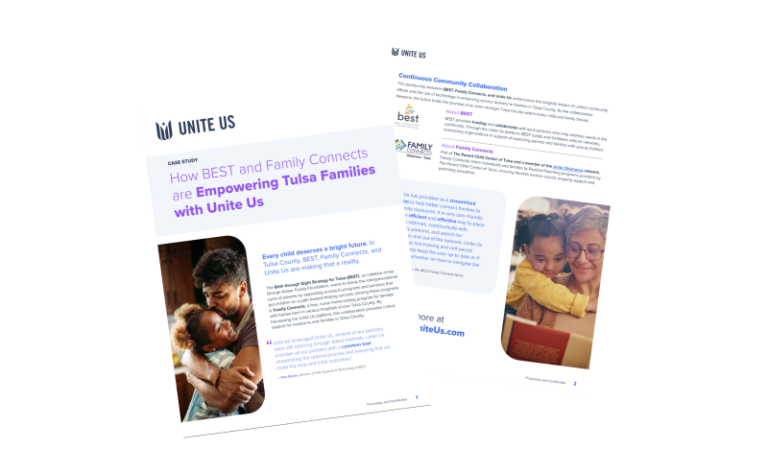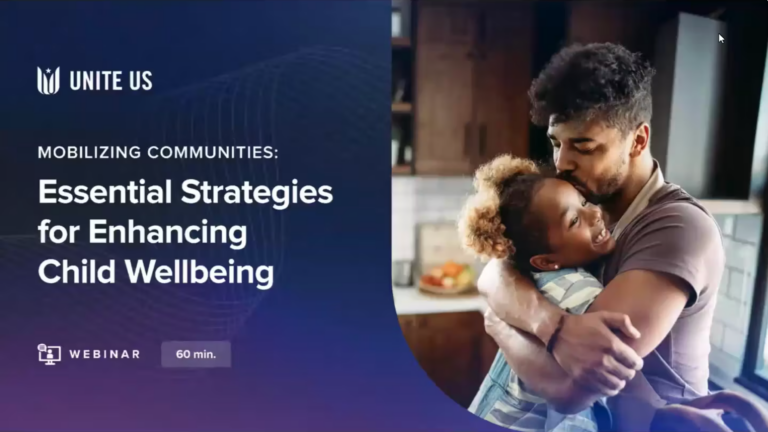
How to Deliver Whole Person Care: A 360 Approach
Eshed Doni
Research has proven that the social determinants of health are the predominant factor in affecting healthcare outcomes. Some researchers even suggested that your ZIP code might be as important to health as your genetic code. These findings fuel the efforts to identify the patient’s social needs in parallel to addressing their medical needs, in order to optimize the outcomes of the overall care, medical and non-medical, the patient receives. We are seeing an acceleration in programs centered around addressing the whole person like CMS’s Accountable Health Communities model that requires its grantees to establish a screening process aimed at identifying their patients’ social needs, with the single goal of addressing social determinants as a means to reduce hospital readmission rates.
Providing effective and comprehensive care requires a 360 approach that not only combines medical and non-medical care but also keeps track of non-medical care episodes, starting with the first encounter with the patient, through the identification of the patient social needs, addressing these needs and monitoring outcomes to ensure that those needs were indeed addressed and require no further follow up. Dropping a single chain of this circle breaks the whole process, compromises efficiency and puts the whole effort to waste.
Interoperability in the Community
One of the main challenges in establishing such a process has to do with the fact that it brings together a number of professionals that work in separate distinct settings and use different systems. These professionals work at hospitals and other medical facilities, welfare agencies, city and state run organizations, independent service providers, and nonprofits. Bringing all these organizations to use the same system is all but impossible and if attainable, will require years of training and adoption.
Unite Us has developed the first of its kind comprehensive patient-centric solution that synchronizes care across organizations while transparently integrating with EMRs through a seamless interface. The medical staff continues to use the familiar EMR interface while the medical data is augmented with patients social data and facilitates complete tracking capabilities of non-medical service episodes. At the same time, care coordinators and service providers use a dedicated care coordination platform that is tailored to their needs.
Let’s look for example at a patient with diabetes who constantly fails to maintain a balanced diet due to food insecurity. Without food support, such a patient will undoubtedly end up returning to the hospital. Using the Unite Us 360 approach, the patient’s food insecurity is being identified through the screening process, conducted at the hospital, and as a result the hospital’s social worker creates a referral for food service for the patient through the hospital’s EMR. The social worker can track the progress of the patient’s care episode and make sure that the patient’s food needs are being addressed both in the short and long runs. If that patient does end up being readmitted, the physician rather than have the patient undergo a series of medical examinations, will be able to quickly notice that the patient has a food need and check how well was that need addressed.
Unite Us continues to have conversations with leading health systems, providers, and health plans to understand the barriers to connecting their most vulnerable and costly patients to community resources. We understand through these conversations that the solution to reducing healthcare expenditures and improving health outcomes is multi-faceted and the transition to value-based care is extremely complex. That being said we have listened and have developed a solution that can support providers achieve the triple aim no matter where they are with regards to addressing the social and behavioral needs of their patients.
Our 360 approach supports a provider through screening and identifying needs, simultaneous referral management, outcome tracking, and provides complete visibility into every patient and their health journey across the community.
If you are interested in learning more about Unite Us and our 360 approach fill out your information below orRequest A Demo here.
About Unite Us
Unite Us is the nation’s leading software company bringing sectors together to improve the health and well-being of communities. We drive the collaboration to identify, deliver, and pay for services that impact whole-person health. Through Unite Us’ national network and software, community-based organizations, government agencies, and healthcare organizations are all connected to better collaborate to meet the needs of the individuals in their communities.



